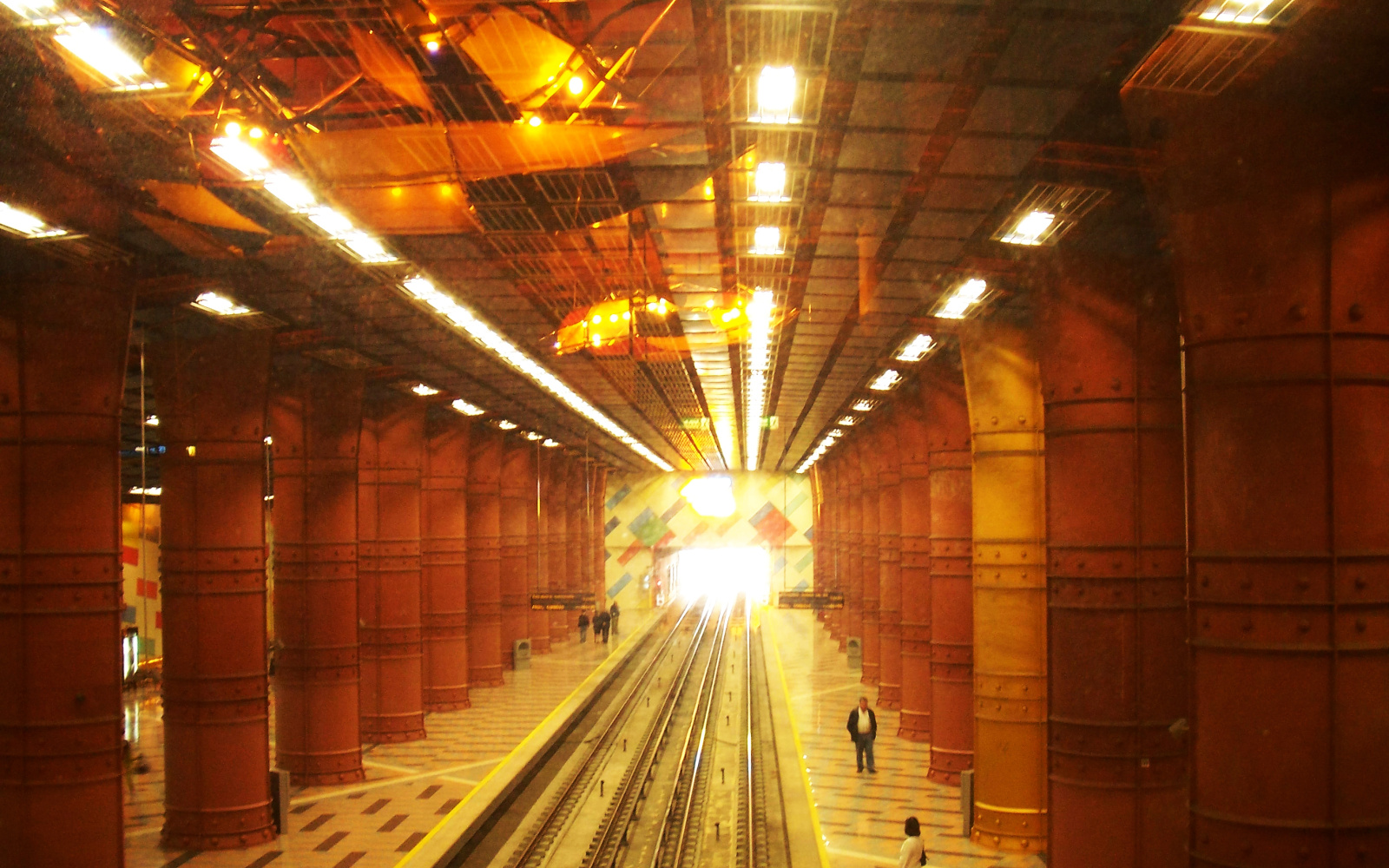Sapir Hubermann
»5 Broken Cameras« Photography as a tool for urban and socio- political engagement following the concepts of Ariella Azoulay's 'The Civil Contract of Photography' and Henri Lefebvre's 'Right to the city'.
The film "5 Broken Cameras"(2011) recounts the story of the protests in the village of Bili'n, Palestine, comprising five years of documented footage of struggle over the territory from the point of view of the disenfranchised inhabitants. This paper depicts elements from Lefebvre's 'Right to the city' and Azouly's 'Civil contract of Photography' in order to discuss the role of photographic activity for claiming rights, while analyzing scenes from the film and interviews with the directors. The paper also articulates how Spatial Pluralism is presented in the film by actualizing the act of watching, transforming and disseminating by all the participants of the encounter rather than an invention of an individual. Lefebvre's notions of space produce an oscillation between the camera itself as concept of space, and as a manifestation tool for counter- power; an activity which demands its tangible enduring presentation. These two aspects, both from political theory and from the philosophical realm, offer a transduction assumption of a reconciled feedback between the conceptual framework used and the observation in the film. Namely, illustrate Bili'n's documented struggle as a permissive right against the oppressed - A right-as-means rather than right-as-end through the spacious aspects of photography.
Sapir Hubermann (*1985, Tel Aviv) is a MFA. candidate in Spatial strategies (Weissensee Art Academy). In addition to her studies, she worked as a curator assistance for Dr. Dor Guez, head of The Photography Department, Bezalel Academy of Arts and Design, Jerusalem. She also curated and co-curated several exhibitions and events, including the Herzliya Museum of Contemporary Art in Israel ‘Back to Berlin’, 2014. Neukölln-48-hours: 'Welcome to our house’, 2015. Sprechsaal Gallery, Berlin: 'Patriotism is the last refuge of a scoundrel'.
